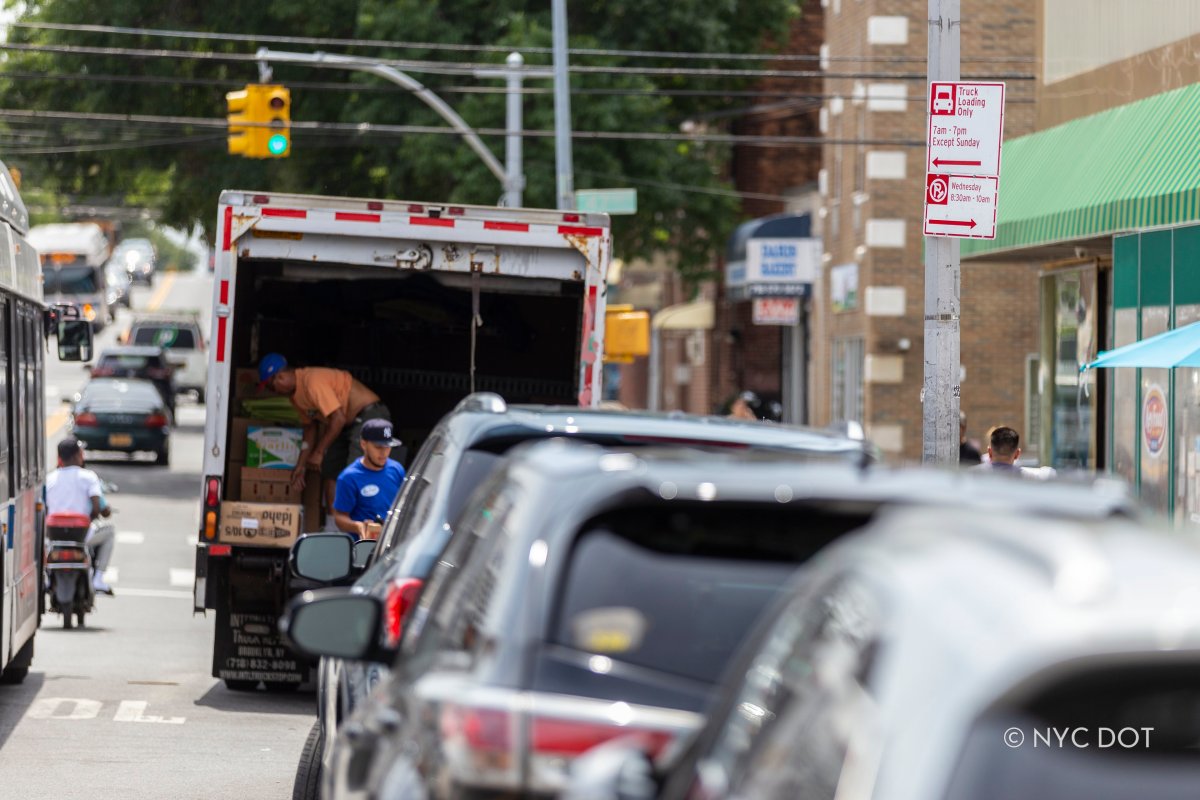BRUSSELS (Reuters) – The European Union executive will ask member states to allocate new sources of revenue to the EU’s long-term budget to help finance an economic recovery after the coronavirus pandemic, its head said on Wednesday.
In a draft resolution, to be voted on later this week, the European parliament had threatened to withhold its approval for the upcoming seven-year EU spending plan unless governments dedicate new tax streams to it.
The EU does not have the power to impose taxes, but governments can agree to permanently allocate some of their revenue streams to the EU, as they have with customs duties and sugar levies and a slice of national value-added tax.
These revenues, along with national contributions, are called own resources and make up the trillion-dollar seven-year EU budget, the Multi-annual Financial Framework (MFF).
The MFF finances EU policies to equalise living standards across the 27-nation bloc as well as the EU’s agriculture policy, investment in research, development and education, and the projection of the bloc’s soft power around the globe through development and aid programmes.
European Commission President Ursula von der Leyen will present a new proposal for the 2021-2027 budget on May 20, together with a plan for a recovery fund to help the EU restart its economy after what is set to be its deepest ever recession this year.
“Together with our next MFF, (the recovery plan) will be the ambitious answer Europe needs. An answer that will include new ‘own resources’ that we need in our budget,” she told parliament.
The new resources are needed because money for the recovery is to be borrowed by the Commission on the market using its triple-A rating to ensure the lowest borrowing cost.
While some of it will be passed on to governments as loans, some will also be in the form of grants, von der Leyen said, which means the EU will eventually have to find cash to pay investors back.
The list of possible new revenues could include a common consolidated corporate tax base, taxes on digital services, a financial transaction tax, income from the EU emissions trading scheme, a levy on plastics, or a levy on products imported to the EU that were produced under lower CO2 emissions standards than in the EU.
It will be up to EU governments to decide if they agree to any of these options.
The bulk of the recovery money is intended to go to investment in the transition to a climate-neutral and a digitalised and resilient economy, which are EU priorities, von der Leyen said.
But the package would also include a new Strategic Investment Facility to invest in areas crucial to the EU’s future resilience and strategic autonomy, such as pharmaceuticals.
To help recapitalise healthy EU companies whose survival is at risk because of lockdowns, von der Leyen said the EU would create a new Solvency Instrument, but gave no more details.
Finally, the Commission will propose a new, dedicated EU Health Programme to build on the experiences of the pandemic.
(Writing by Jan Strupczewski; Editing by Kevin Liffey)



















